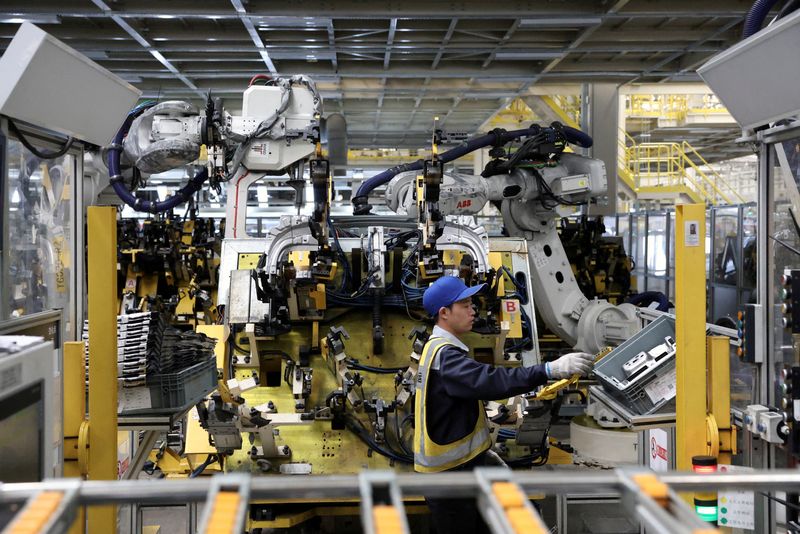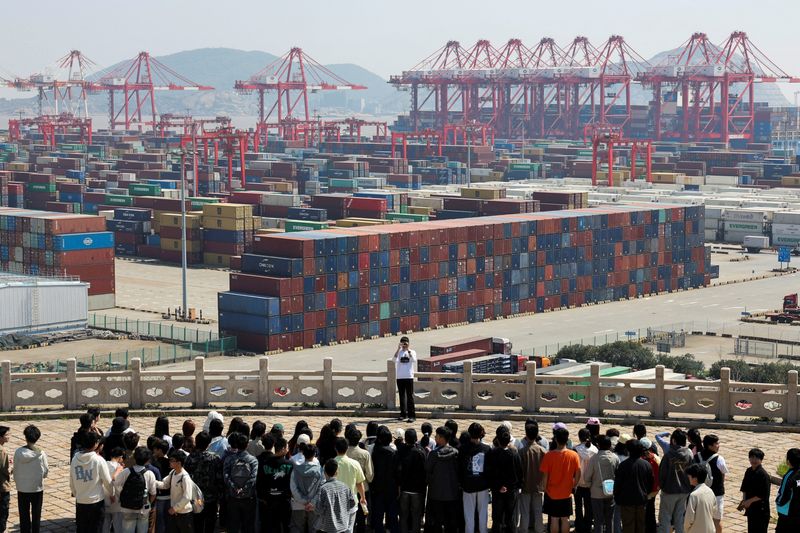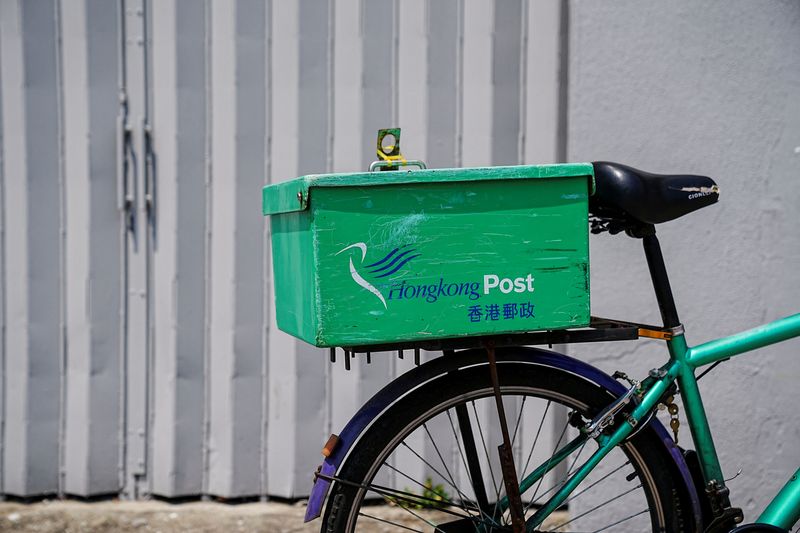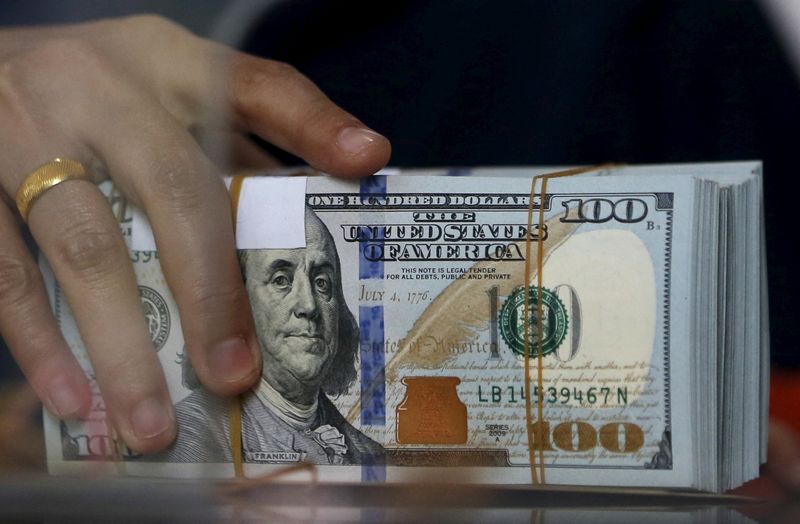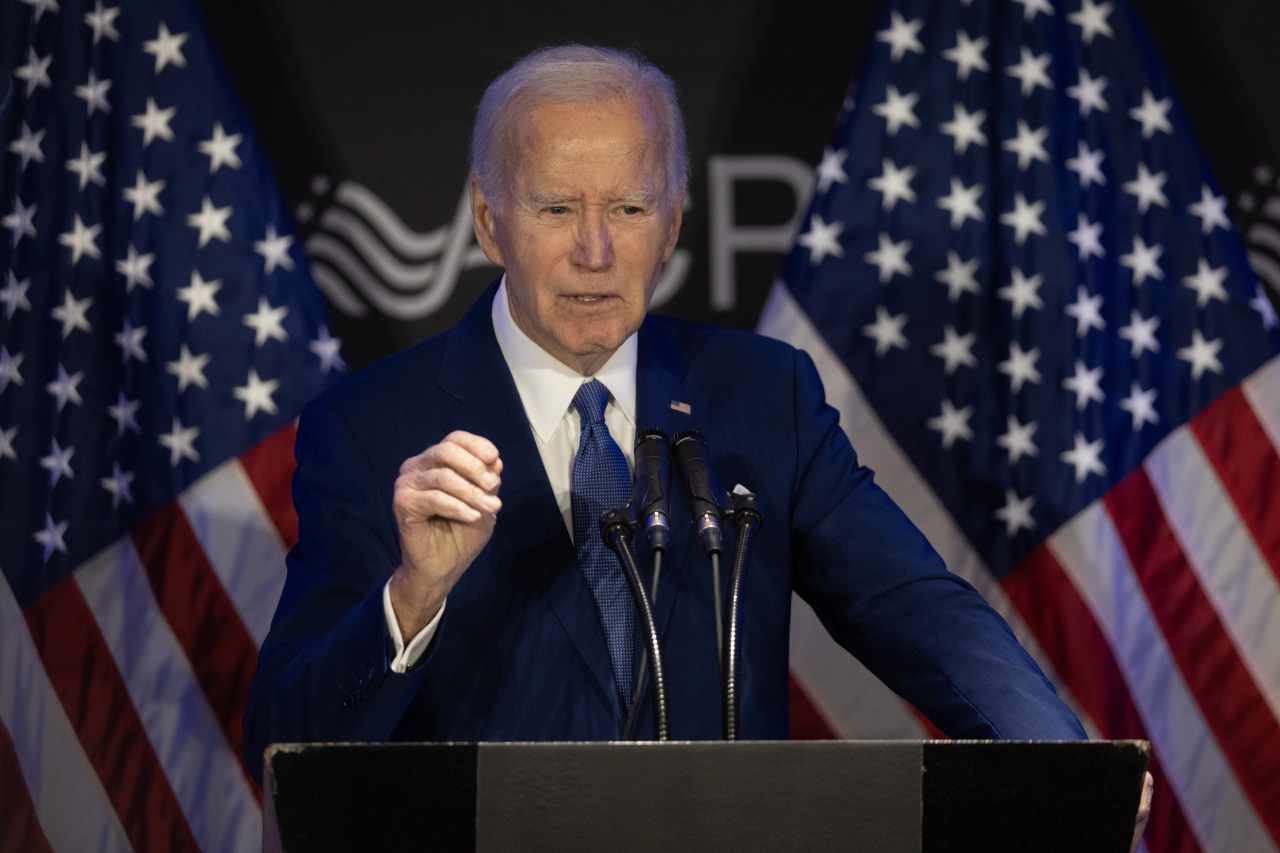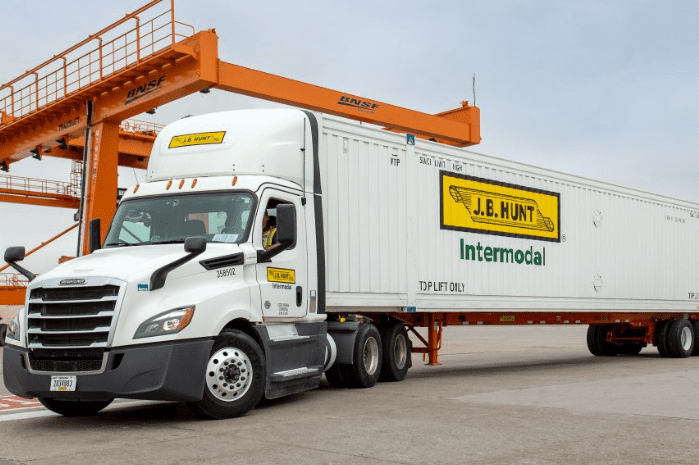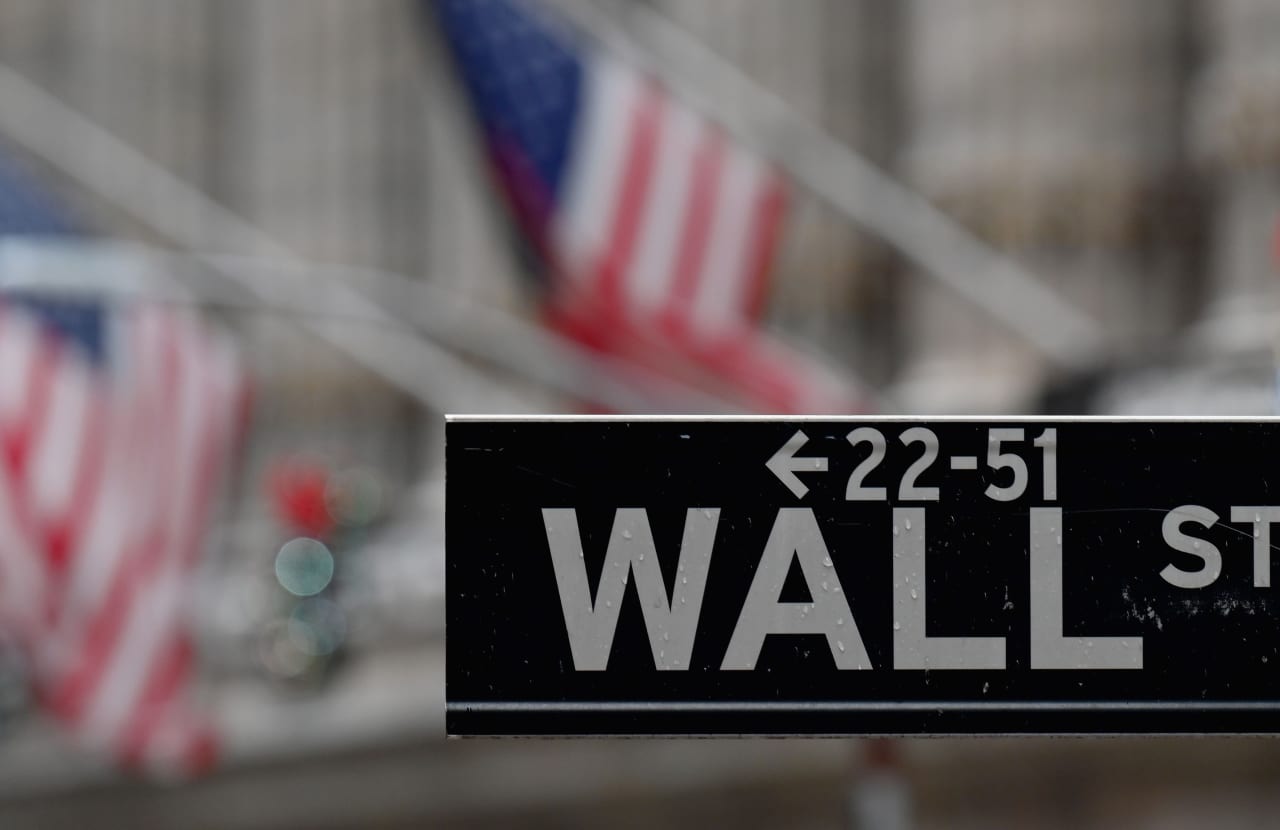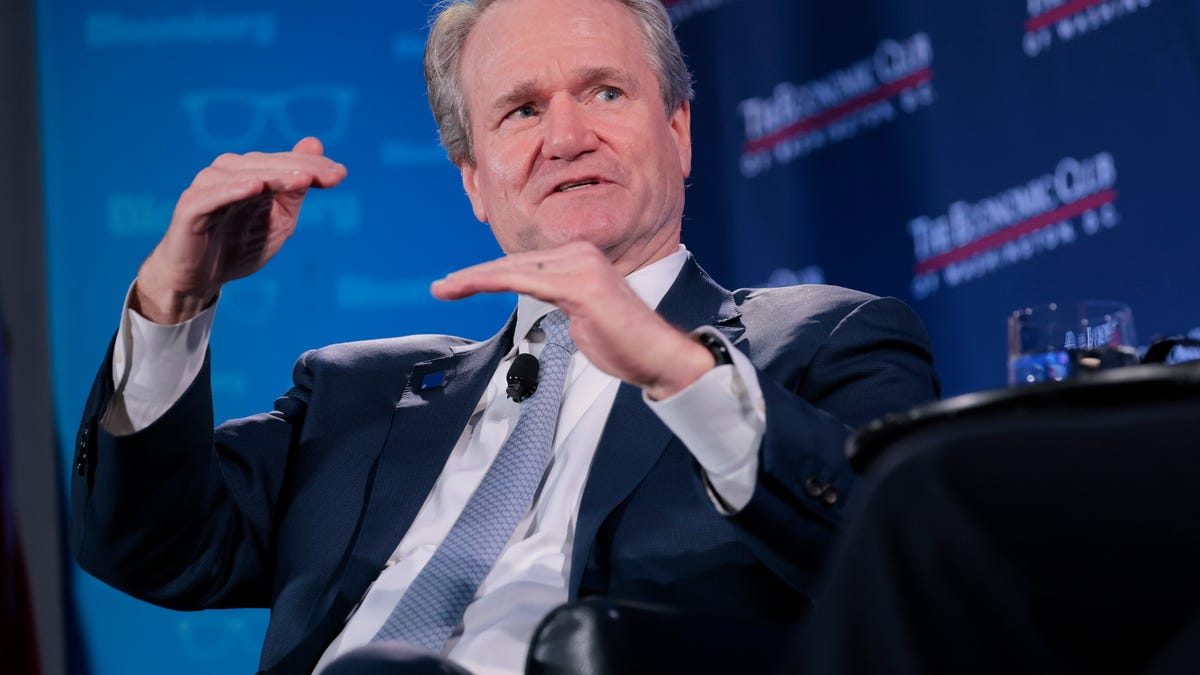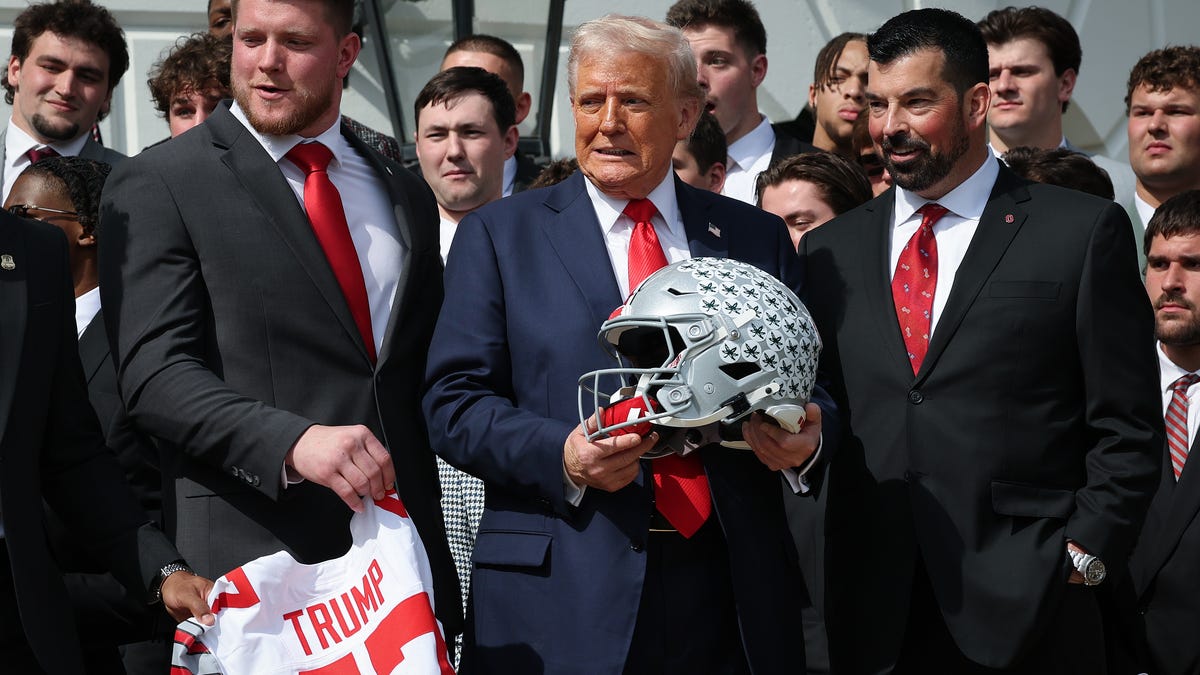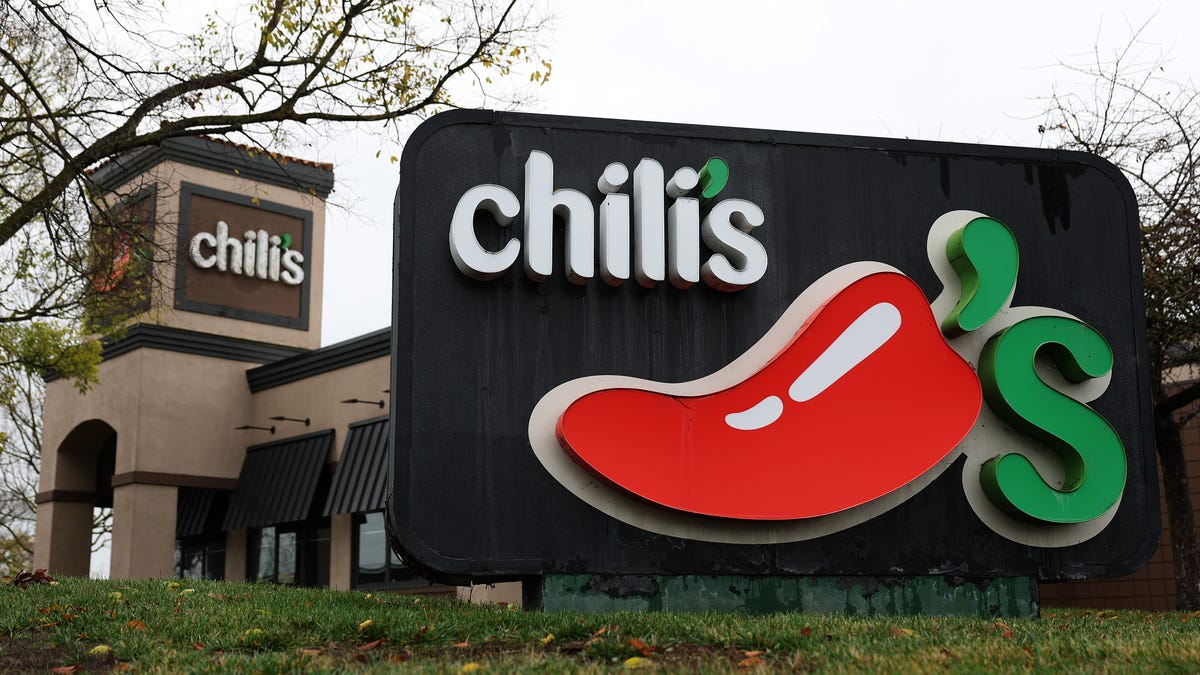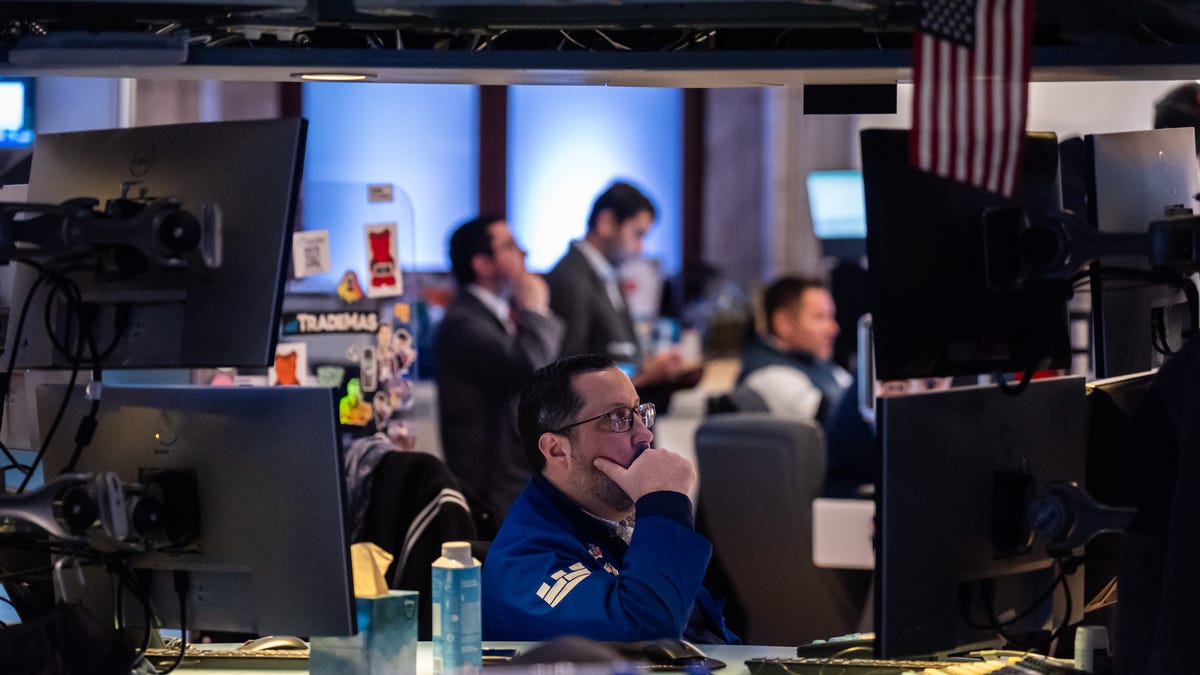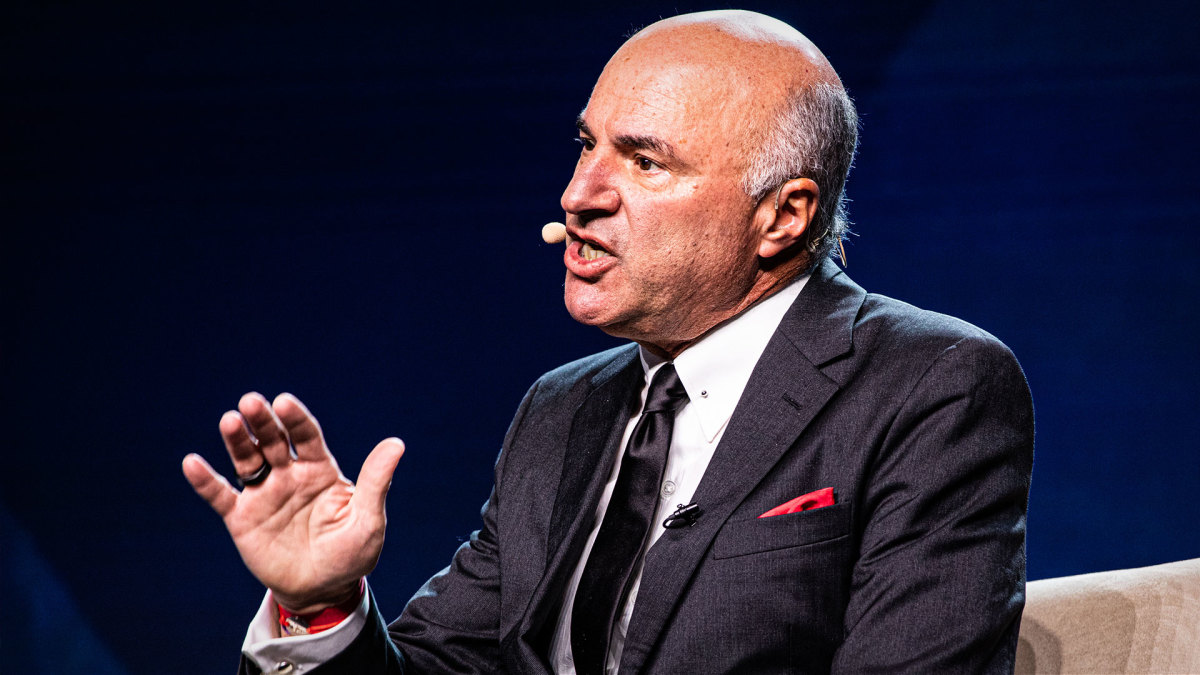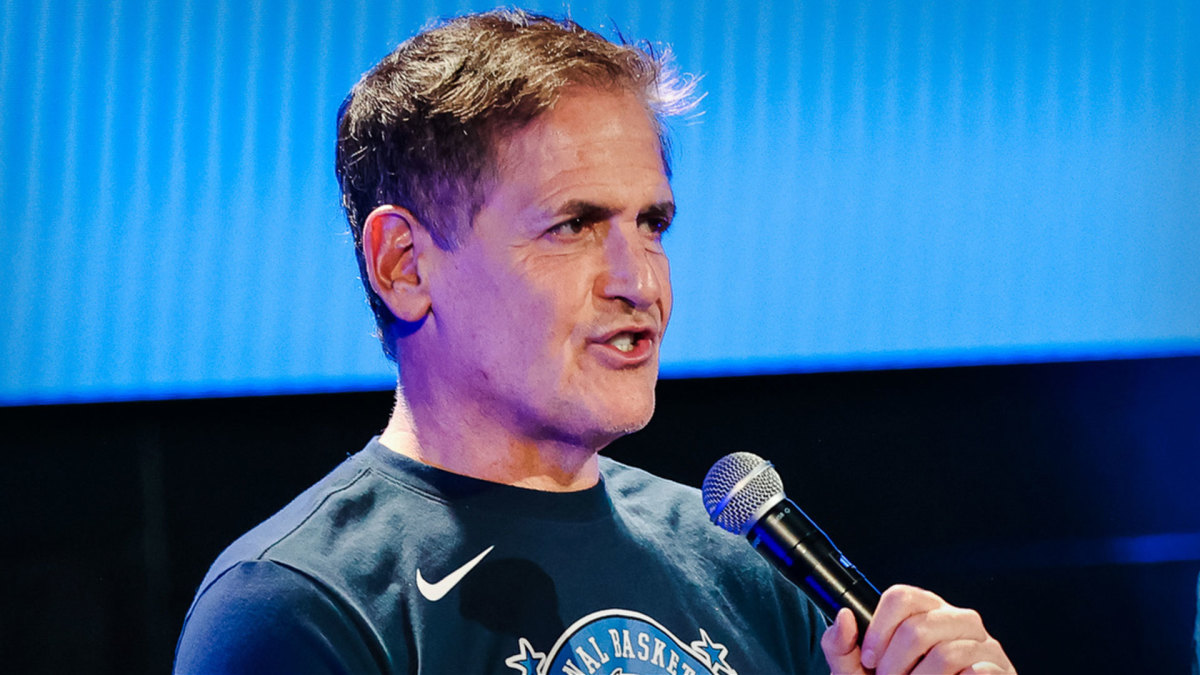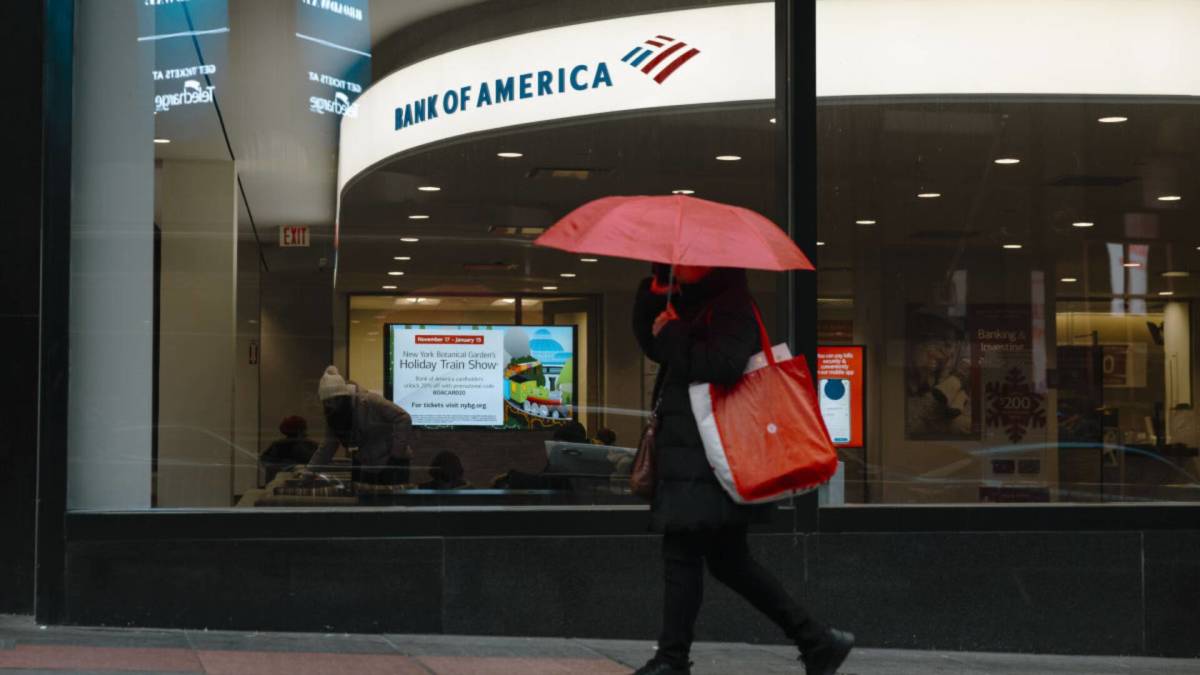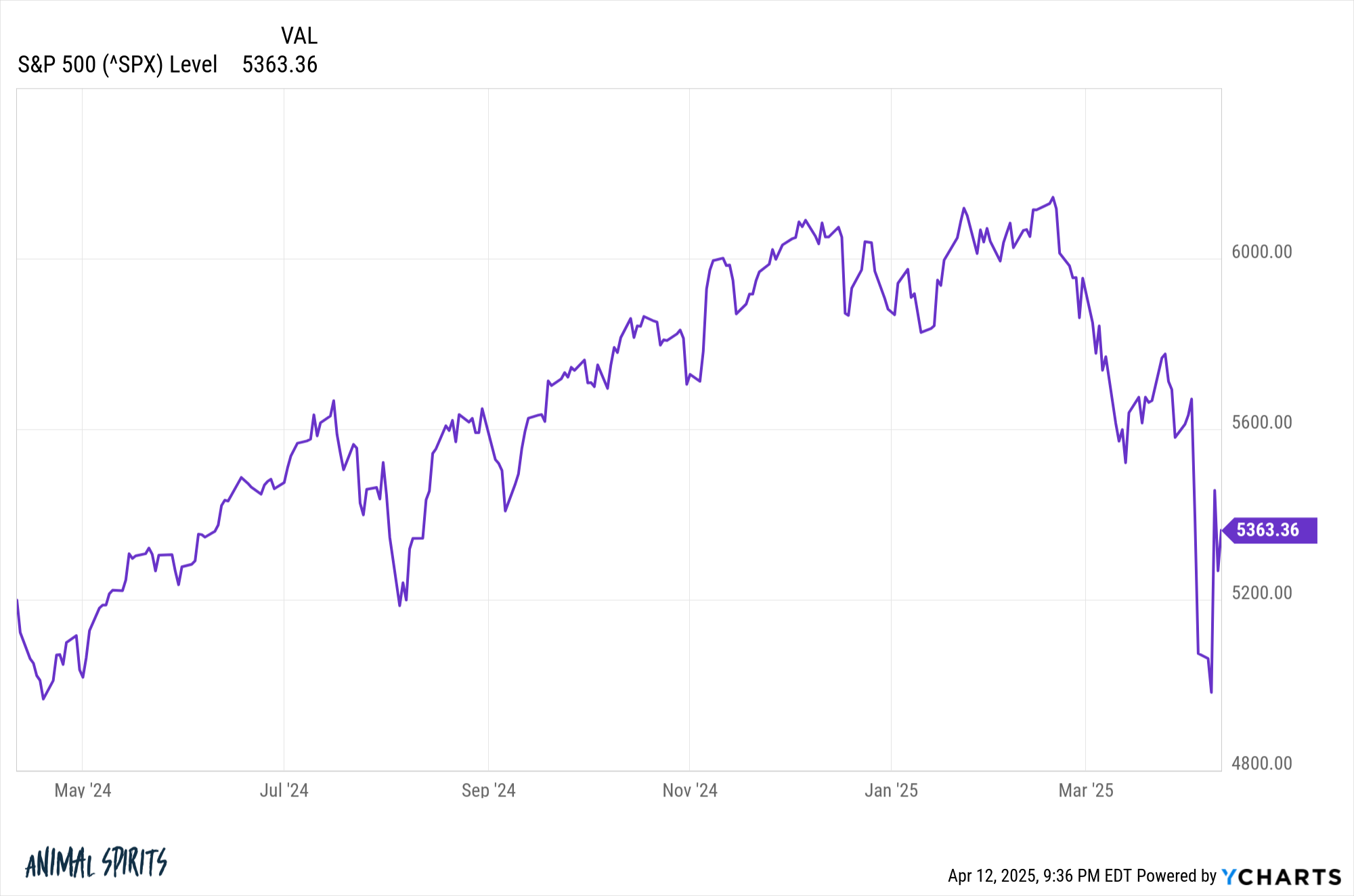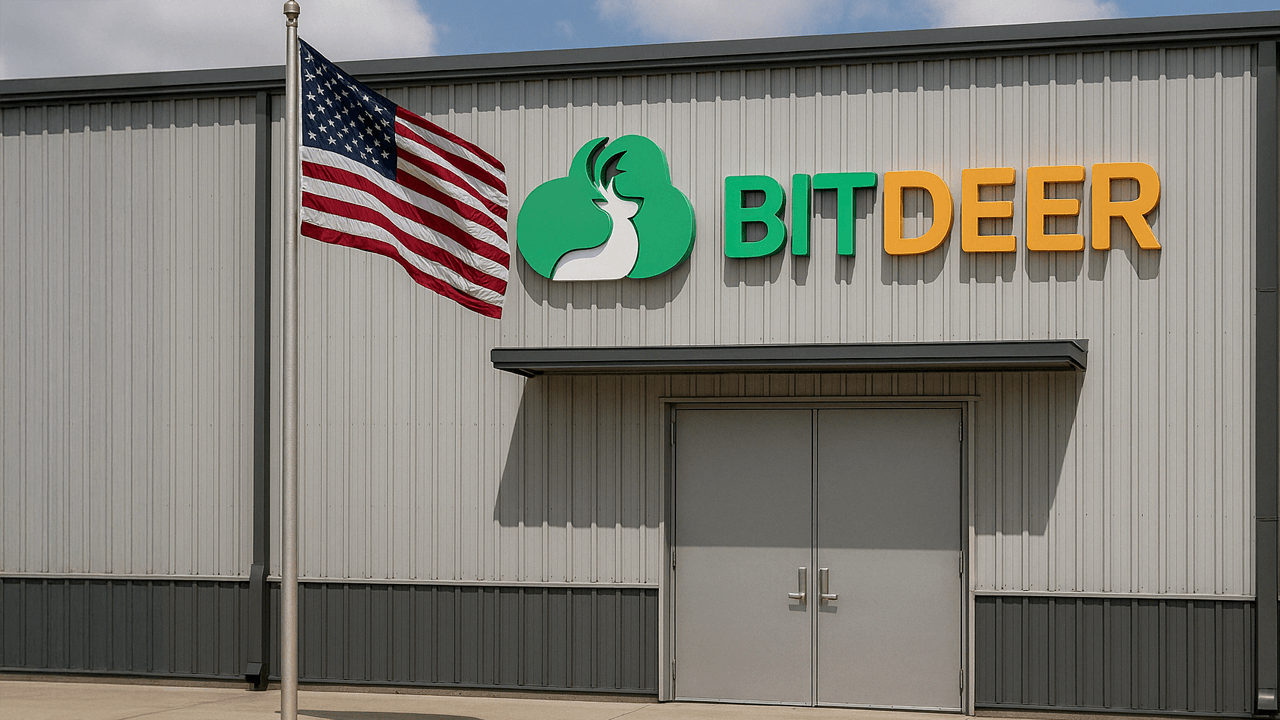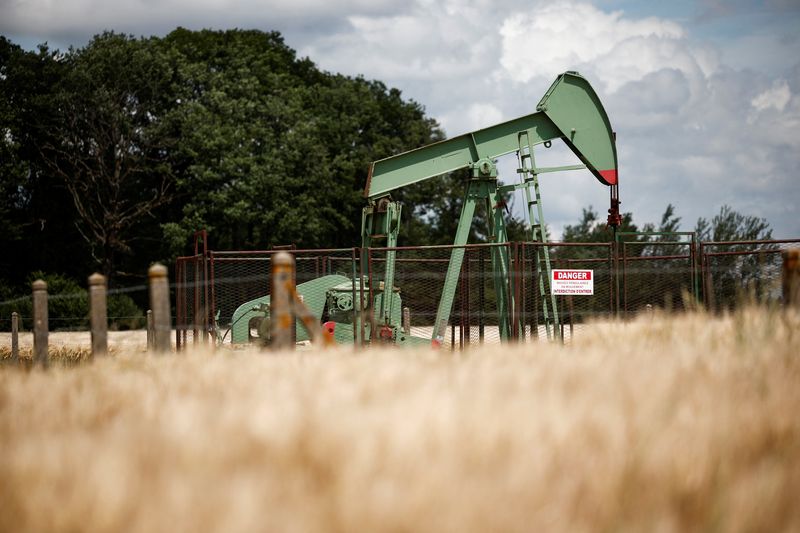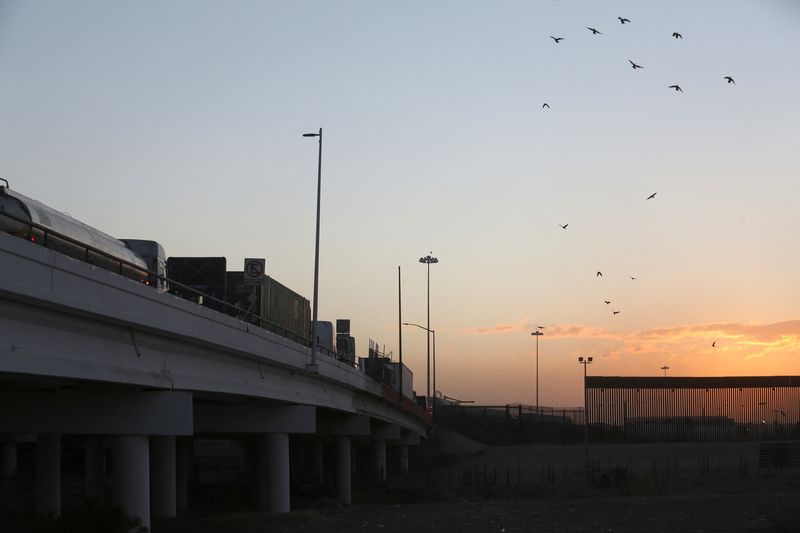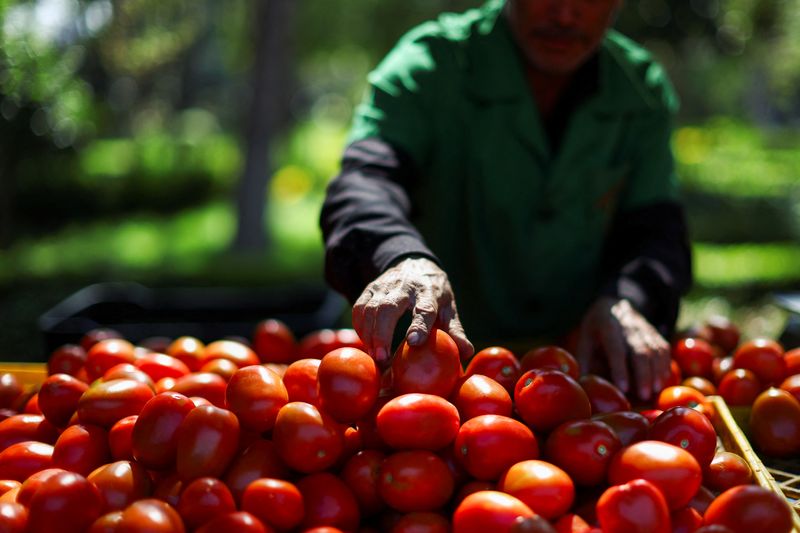Trump trade war sparks run on U.S. warehouses with tariff loophole
At one startup, inquiries are up sixfold. "We’re just seeing extraordinary demand for it,” said the founder.

(Bloomberg) -- U.S. importers looking to sidestep Trump administration tariffs are desperately seeking space in a type of warehouse that lets them stash merchandise for as long as five years without paying duties.
Customs bonded warehouses, which date to the 19th century, have long appealed to importers who want to get products closer to customers but delay paying tariffs until the merchandise is sold. The federally licensed facilities are typically located near coastal ports and give importers financial flexibility.
Demand for the facilities from the mid-Atlantic to the Pacific Northwest has surged since President Donald Trump imposed steep tariffs on dozens of countries, before pausing many of them while ratcheting up levies on China.
Uncertainty around Trump’s trade policy has juiced the warehouses’ appeal because the facilities let importers quickly take advantage of a sudden tariff reprieve, making it less likely that they’ll miss a narrow window with their merchandise stuck on a container ship.
Conversely, if the levies persist, bonded warehouses let companies access smaller batches of inventory and spread the tariff bill out over a longer period, which could help them weather a slump in demand should higher prices prompt US consumers to curb their spending.
“Tariffs have become a moving target, and bonded warehouses give brands more control in a market that feels a little chaotic,” said John Shea, the founder and chief executive officer of Momentum Commerce, a Boston firm that helps brands sell about $7 billion annually on Amazon.com Inc. and other online marketplaces. “It’s less about beating the system and more about buying time to see where policy, demand and margin pressure settle.”
Bonded warehouse space is pricey at the best of times because the buildings have more regulatory requirements, and cargo owners have to clear customs entering and exiting them. So the surge in demand for the space reflects desperation and a bet that paying more to store merchandise is still better than paying the tariffs all in one shot.
Inquiries about bonded warehouse space are up sixfold so far this year at Seattle startup Flexe, which helps about 1,000 warehouse owners rent space to companies requiring short-term storage. “We’re just seeing extraordinary demand for it,” said Flexe co-founder Karl Siebrecht, who adds that custom bonded space now costs as much as 60% more than typical warehouse space.
An importer that sells more than $100 million of artificial Christmas trees a year used Flexe to find bonded warehouse space to stash the products and delay tariff payments until closer to the holiday season, he said.
Flexe’s network includes about 140 US facilities that are customs bonded for a total of 21 million square feet, which is selling quickly, he said.
Bonded space makes up a small percentage of the overall industrial real estate sector and is usually a niche market with limited demand. But surging interest in bonded facilities will likely compel other warehouse owners and operators to seek certification from the federal government, an application process that can take as long as a year and requires security investments and inspections.
“There’s going to be a shortage in the short term, but there’s going to be a lot more of this space coming in the future,” said Brandon Young, CEO of Seller Systems, which teaches classes about selling products through online marketplaces and has shifted his curriculum to include ways to navigate the Trump tariffs.
Accem Warehouse leased all of the space in its 220,000-square-foot bonded warehouse in Bayonne, New Jersey, after the tariffs were announced and before the ships even arrived at port, according to company President Jerry Mecca.
“Our phones were ringing off the wall like crazy,” he said. “Normally the demand is not big for bonded warehouse space.”
Some of the pre-sales fell through when Trump offered a 90-day reprieve from some of the harshest tariffs. But with hefty levies still in place on goods from China, Mecca’s team reached out to Chinese clients and expect the space to quickly fill up again.
Coastal ports, such as Los Angeles, are the likeliest to see a surge in demand for bonded warehouse space, according to Jose Gonzalez, president of National Customs Brokers & Forwarders Association of America. About 40% of goods passing through the ports of Los Angeles and Long Beach come from China, according to Gene Seroka, executive director of the Port of Los Angeles.
The demand spike is a welcome change for Tacoma, Washington-based Afar Logistics, where business has been sluggish since the end of the pandemic shipping craze in 2022, said CEO Dawit Habte. It took about a year for Afar to complete the bonding process in 2024, which involved security investments as well as inspections from Customs and Border Protection.
“Perfect timing for us,” said Habte. “That’s going to flood the whole market basically, and they’re going to run out of space because a lot of customers have a huge amount of cargo.” Habte estimates that his 37,000-square-foot bonded facility could be fully occupied by just one client.
Robert Krieger, president of Krieger Worldwide, a customs brokerage and freight forwarding business headquartered in Long Beach, California, has fielded a huge volume of calls from importers seeking bonded warehouse space.
One client with imported footwear from China is searching for a bonded warehouse to stash the merchandise while they wait to see if tariffs fall. If not, they make take the goods to a third country, such as Canada. Another client last week was seeking bonded warehouse space for 40 containers of apparel coming from South Asia, but now wants to take advantage of the 90-day reprieve.
“He’d be smart to do his original intent, just clear customs, because the cost of bonded space has gone up,” Krieger said.
This story was originally featured on Fortune.com
